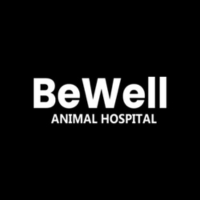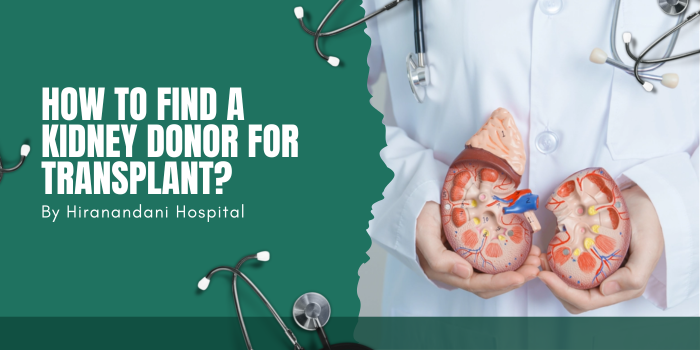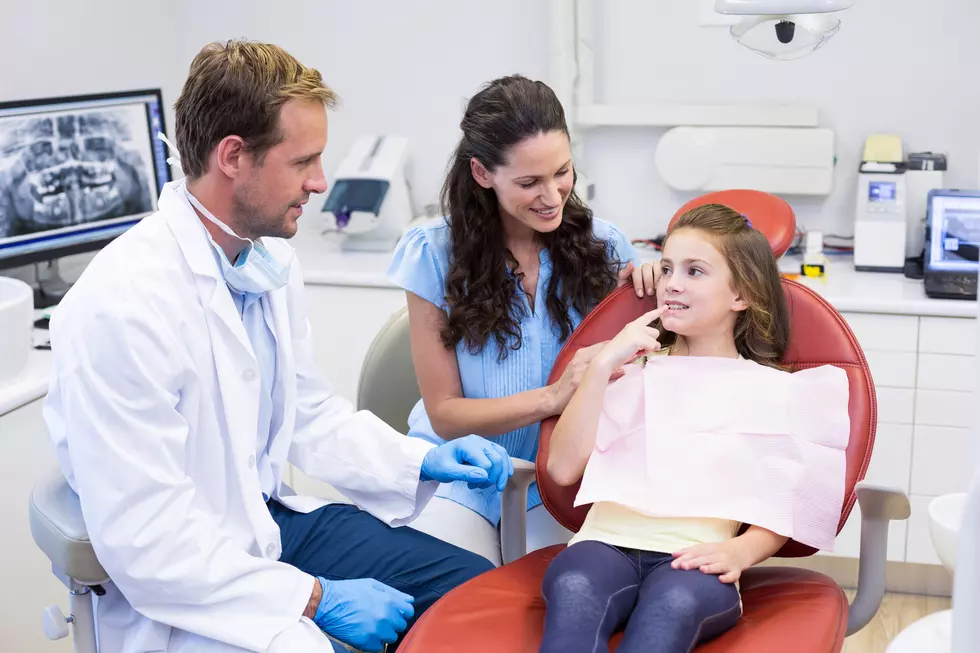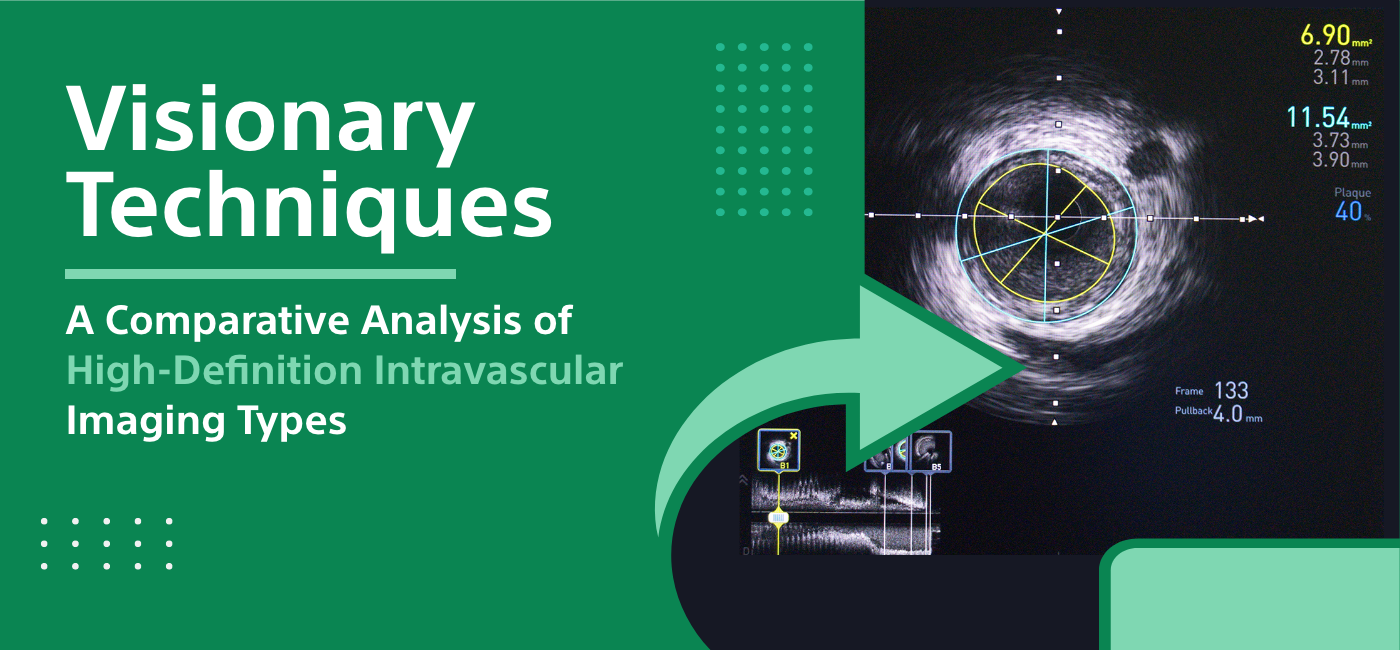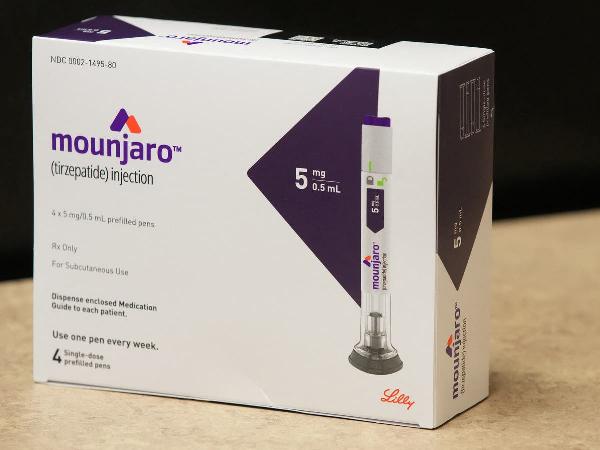Comprehensive Guide To Animal Dental Care: Ensuring Your Pet's Oral Health
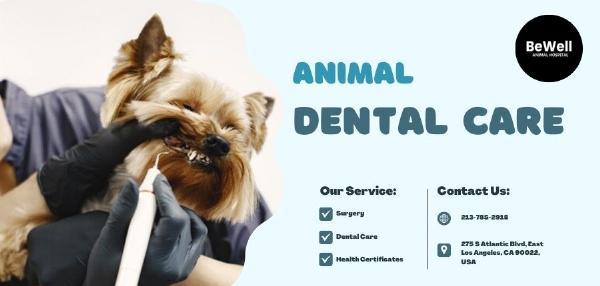
Strong 8k brings an ultra-HD IPTV experience to your living room and your pocket.
Oral health is a vital aspect of overall well-being for animals, just as it is for humans. Neglecting your pet’s dental care can lead to serious health issues. This guide will provide all the essential information on animal dental care, helping you ensure your pet’s teeth and gums stay healthy and strong.
The Importance Of Animal Dental
Proper dental care for animals is crucial for several reasons:
- Prevention of Disease: Regular dental check-ups can prevent periodontal disease, which can lead to severe health issues like heart, liver, and kidney problems. This is because bacteria from dental infections can enter the bloodstream and affect other organs.
-
Pain Management: Untreated dental problems can cause significant pain and discomfort for your pet. Issues like broken teeth, infections, or inflamed gums can make it difficult for your pet to eat and can significantly reduce their quality of life.
- Improved Quality of Life: Healthy teeth and gums contribute to better eating habits and overall happiness. A pet with a healthy mouth will be more energetic and playful, which enhances their overall well-being.
Signs Of Dental Problems In Animals
Be vigilant about the following signs that may indicate dental issues in your pet:
- Bad breath
- Excessive drooling
- Difficulty eating
- Swollen or bleeding gums
- Loose or missing teeth
- Pawing at the mouth
- Reluctance to eat hard food
If you notice any of these signs, it’s important to consult your veterinarian promptly. Early detection can prevent more serious health issues.
Routine Dental Care Practices
Incorporate these practices into your pet’s routine to maintain their dental health:
- Regular Brushing: Use a pet-specific toothbrush and toothpaste to brush your pet’s teeth at least three times a week. Brushing helps remove plaque and prevent tartar buildup.
- Dental Chews and Toys: Provide dental chews and toys that help reduce plaque and tartar buildup. These products can supplement brushing and make dental care more enjoyable for your pet.
- Healthy Diet: Feed your pet a balanced diet that promotes dental health, avoiding sugary treats. Some pet foods are specially formulated to reduce plaque and tartar buildup.
Professional Dental Care
- Routine home care is essential, but professional dental care is equally important:
- Regular Check-ups: Schedule dental check-ups with your veterinarian at least once a year. During these visits, your vet will examine your pet’s mouth and look for any signs of dental problems.
- Professional Cleaning: Veterinary dental cleanings involve scaling and polishing, which are essential for removing tartar and plaque buildup that home care cannot address. These procedures are usually performed under anaesthesia to ensure your pet's comfort and safety.
Common Dental Procedures
Understand the common dental procedures your pet might need:
- Scaling and Polishing: Removal of plaque and tartar, followed by polishing to smoothen the teeth's surface. This helps prevent further plaque buildup and keeps your pet’s teeth clean and healthy.
- Tooth Extraction: Sometimes necessary for severely damaged teeth. While it’s always preferable to save a tooth, extractions can be the best option in cases of severe decay or infection.
- Dental X-rays: Help in diagnosing issues below the gum line that are not visible during a regular exam. X-rays can reveal problems such as root infections, abscesses, and bone loss.
Preventative Measures
Taking preventive steps can save your pet from painful dental problems:
- Regular Brushing: As mentioned, this is the most effective way to prevent dental issues. Start brushing your pet’s teeth when they are young to get them used to the process.
- Routine Vet Visits: Don’t skip your pet’s annual vet visit; it’s an opportunity to catch dental problems early. Regular check-ups can help detect and treat dental issues before they become serious.
- Quality Diet: Feeding your pet a diet that supports dental health is crucial. Consult your veterinarian for recommendations on the best foods for your pet’s oral health.
Conclusion
Animal dental care is an integral part of your pet's overall health. By following the tips and guidelines provided in this comprehensive guide, you can ensure your pet enjoys a healthy and happy life with strong teeth and gums. Remember, regular dental check-ups with your veterinarian are just as important as your at-home care routines.
Note: IndiBlogHub features both user-submitted and editorial content. We do not verify third-party contributions. Read our Disclaimer and Privacy Policyfor details.

